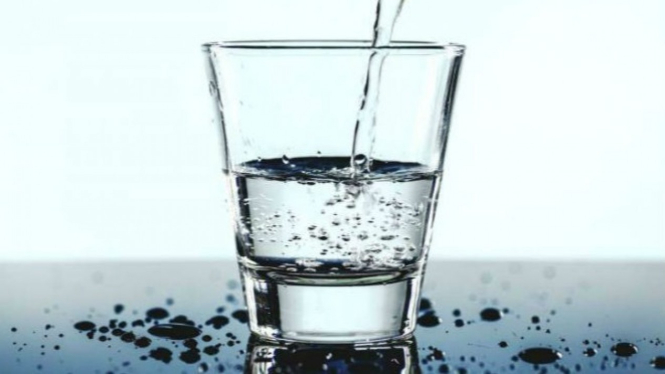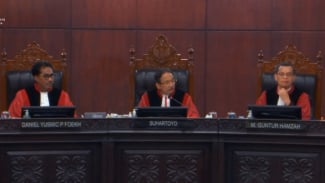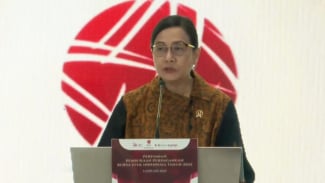How to Avoid Dehydration While Fasting during Ramadhan
- Pixabay
VIVA – In the Ramadhan, fasting becomes an obligation for all Muslims for a month. As known, fasting can cause dehydration due to lack of food consumption or fluids entering the body.
Dehydration is a condition in which the body loses too much fluid, leading to an electrolyte imbalance that disrupts the normal functioning of the body. Dehydration occurs when the body loses more fluid than it takes in, or when the body cannot retain enough fluid to meet physiological needs.
Some common symptoms of dehydration while fasting include dry mouth, headache, fatigue, dizziness, difficulty concentrating, rapid heartbeat, dry skin, and dark urine.
Well, here are some tips how to avoid dehydration while fasting during Ramadhan.
1. Drink plenty of fluids
Drink plenty of fluids during non-fasting hours to keep your body hydrated. Water is the best option, but you can also drink herbal teas, coconut water, and low-sugar fruit juices.
2. Avoid caffeine and sugary drinks
Caffeine and sugary drinks can increase urine output, leading to dehydration. Avoid them during fasting periods.
3. Eat hydrating foods
Eat foods that contain high amounts of water, such as watermelon, cucumber, tomato, lettuce, and berries. These foods can help keep you hydrated during fasting.
4. Don't overexert yourself
Avoid strenuous activities during fasting periods as they can cause excessive sweating and fluid loss, leading to dehydration.
5. Iftar with a small amount of fluids
When breaking your fast, start with a small amount of fluids and wait for a few minutes before consuming more. This will give your body time to adjust to the intake of fluids.

























